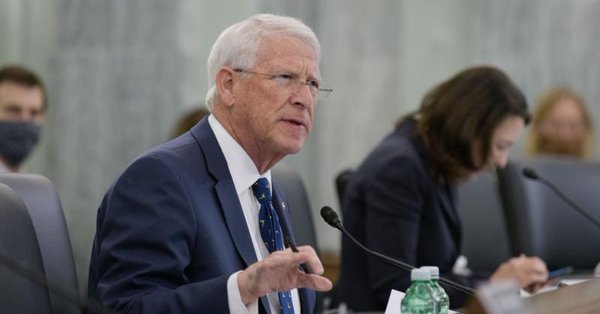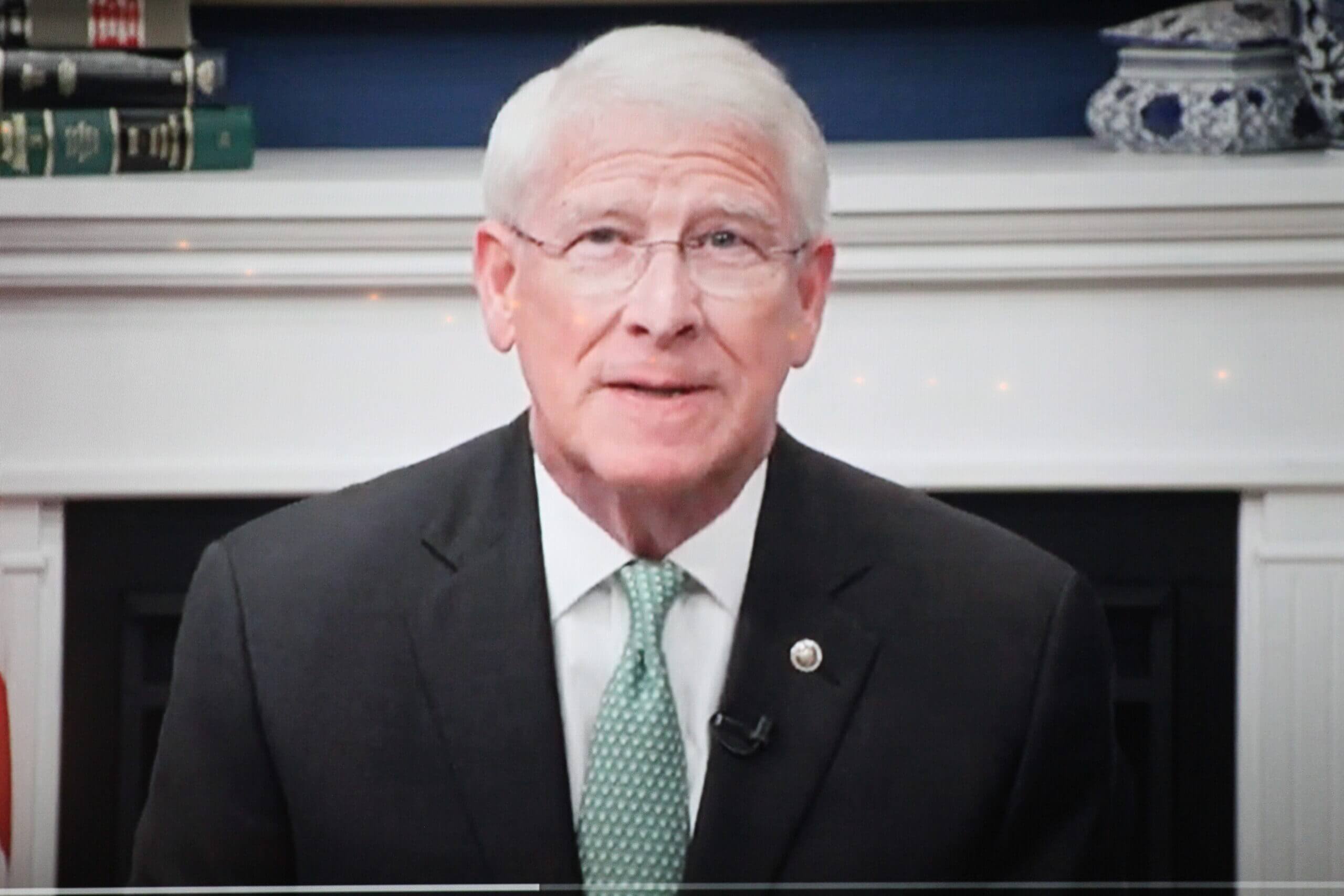Wicker: Biden’s weakness invites aggression
By Sen. Roger Wicker (R-Miss.)
Republican Policies Deter America’s Enemies
President Biden has gone soft on two countries that hate America. His administration has relaxed restrictions on both Venezuela and Iran – both avowed enemies of the United States – hoping to entice them into behaving responsibly. But the opposite happened. Already this month, Venezuela and Iran have taken the president’s extended leash as a chance to ratchet up their aggressive behavior.
Venezuela Stirs Up Trouble in America’s Backyard
In October, President Biden handed socialist Venezuelan president, Nicolás Maduro, a political win. The administration temporarily allowed Venezuela to access United States oil markets. In exchange, President Maduro pinky promised to hold free elections and to release political prisoners. To no one’s surprise, the dictator failed to do either.
The Biden administration vowed to reinstate sanctions if President Maduro did not honor the deal by November 30th. That date passed, but the rogue nation has faced no consequences. When President Biden gave him an inch, President Maduro took a mile. And with no accountability, he is taking more.
This month, President Maduro staged a provocative vote to boost his falling approval ratings. Afterward, he claimed that an overwhelming majority of citizens had voted to annex part of Venezuela’s oil-rich neighbor, Guyana. This behavior creates chaos near our shores, threatening the United States.
For two hundred years, Americans have worked to make the Western Hemisphere free from outside influence. Keeping danger out of our backyard has made us safer and has given us the flexibility to aid allies around the world. During the Cold War, we resisted Soviet Union schemes in South America. Today, Iran is copying the Soviet playbook. The presidents of Venezuela and Iran visited each other recently, signing agreements bonding their autocratic regimes to one another. Their partnership coincides with another troubling development, as China increases surveillance and influence operations in Cuba, Mexico, and other regional countries.
Iran Targets American Troops
Iran’s friendship with Venezuela is a sign that the Ayatollah’s anti-American agenda transcends continents. But Iran also earns its title as the world’s largest state sponsor of terrorism by backing militants across its own region. On October 7th, Iran-backed Hamas terrorists brutally attacked Israel. Since then, Iran’s other proxies have repeatedly targeted American troops in the Middle East.
Right now, the president is allowing another Iran-backed group, the Yemeni Houthis, to conduct a shadow war against the United States. In 2020, President Trump correctly designated the Houthis as a foreign terrorist organization, which allowed us to stunt their operations. President Biden inexplicably removed that label when he took office. That decision was impossible to square with the Houthis’ regular use of their sophisticated weapons arsenal to do Iran’s bidding. It was the Houthis who recently fired drones toward an American ship. The Navy easily swatted away the incoming fire, but they should never have been put in that position.
Peace Comes Through Strength
The Biden administration’s weakness invites this kind of hostility, and that same weakness keeps our forces from responding adequately. Venezuela and Iran feel free to create instability. This threatens American troops abroad and increases risk to the homeland. In Congress, I am working to counter these adversaries with the same strategies that have secured American peace in the past. Last month, I called the Biden administration to reinstate the Houthi terrorist designation and to enforce sanctions on Iran.
As the top Republican on the Senate Armed Services Committee, I am helping lead the passage of this year’s national defense bill. The legislation will support our troops, increase our weapons production, and help us project the kind of strength that can dissuade our enemies from moving against us.
This article is the weekly Wicker Report and is provided by Sen. Roger Wicker’s office.



